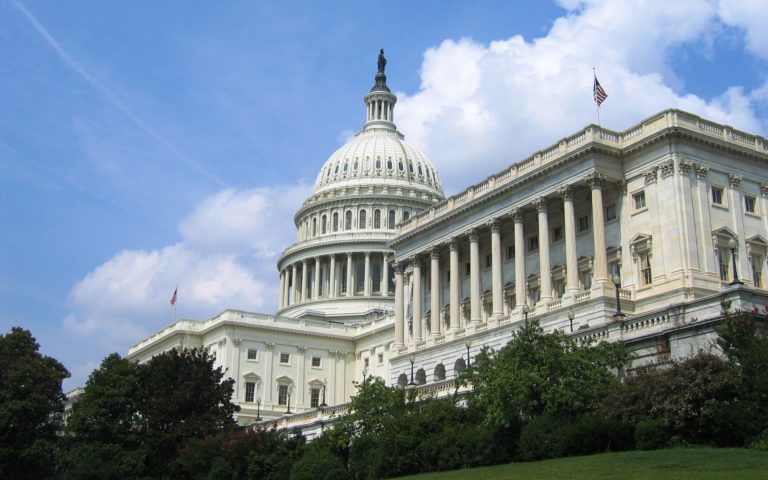“The expansion of politics into almost all aspects of life means that activities that were previously considered nonpartisan have been made partisan—legislation and regulation have not kept up,” concludes open letter co-signed by its chairman.
The U.S. House of Representatives’ Ways and Means Committee is investigating the political activity and foreign sources of funding of organizations qualifying as tax-exempt under §§ 501(c)(3) and (c)(4) of the Internal Revenue Code.
On Tuesday, Ways and Means Committee chairman Rep. Jason Smith of Missouri and the chairman of its Subcommittee on Oversight, Rep. David Schweikert of Alaska, issued on open letter requesting information and input on existing rules and regulations governingthese nonprofit groups’ political activity and foreign funding and what, if any, policy changes Congress should consider.
“Public reporting has raised questions about whether tax-exempt sectors are operating in a manner consistent with the laws and regulations that govern such organizations and whether foreign funds are flowing through these organizations to influence American politics,” according to the letter.
“The expansion of politics into almost all aspects of life means that activities that were previously considered nonpartisan have been made partisan—legislation and regulation have not kept up,” it concludes.
Congress may need to consider closing growing loopholes that allow the use of tax-exempt status to influence American elections. Additionally, we are concerned about the political activities that 501(c)(3) organizations may be engaging in, the relationships between 501(c)(3) and 501(c)(4) organizations, and the role of Super PACS in this financial ecosystem. One significant concern comes from the flow of massive sums of money from foreign sources through tax-exempt organizations in the U.S., and ultimately into other organizations aiming to influence American politics and elections. These concerns require the Committee to seek information from stakeholders and the public that could help inform policymaking related to these issues.



